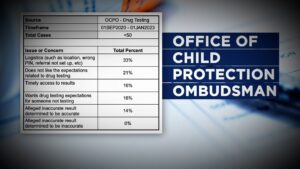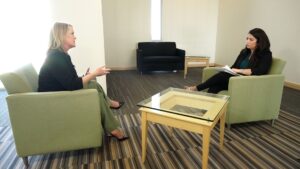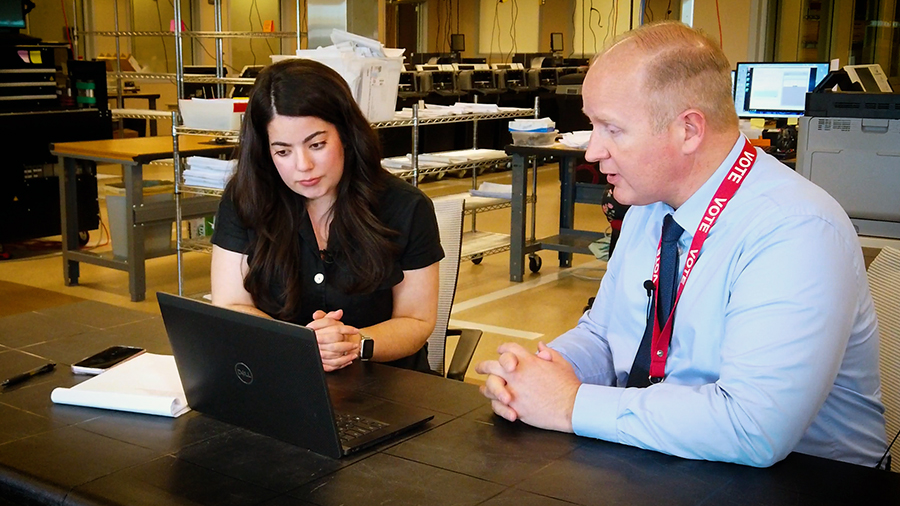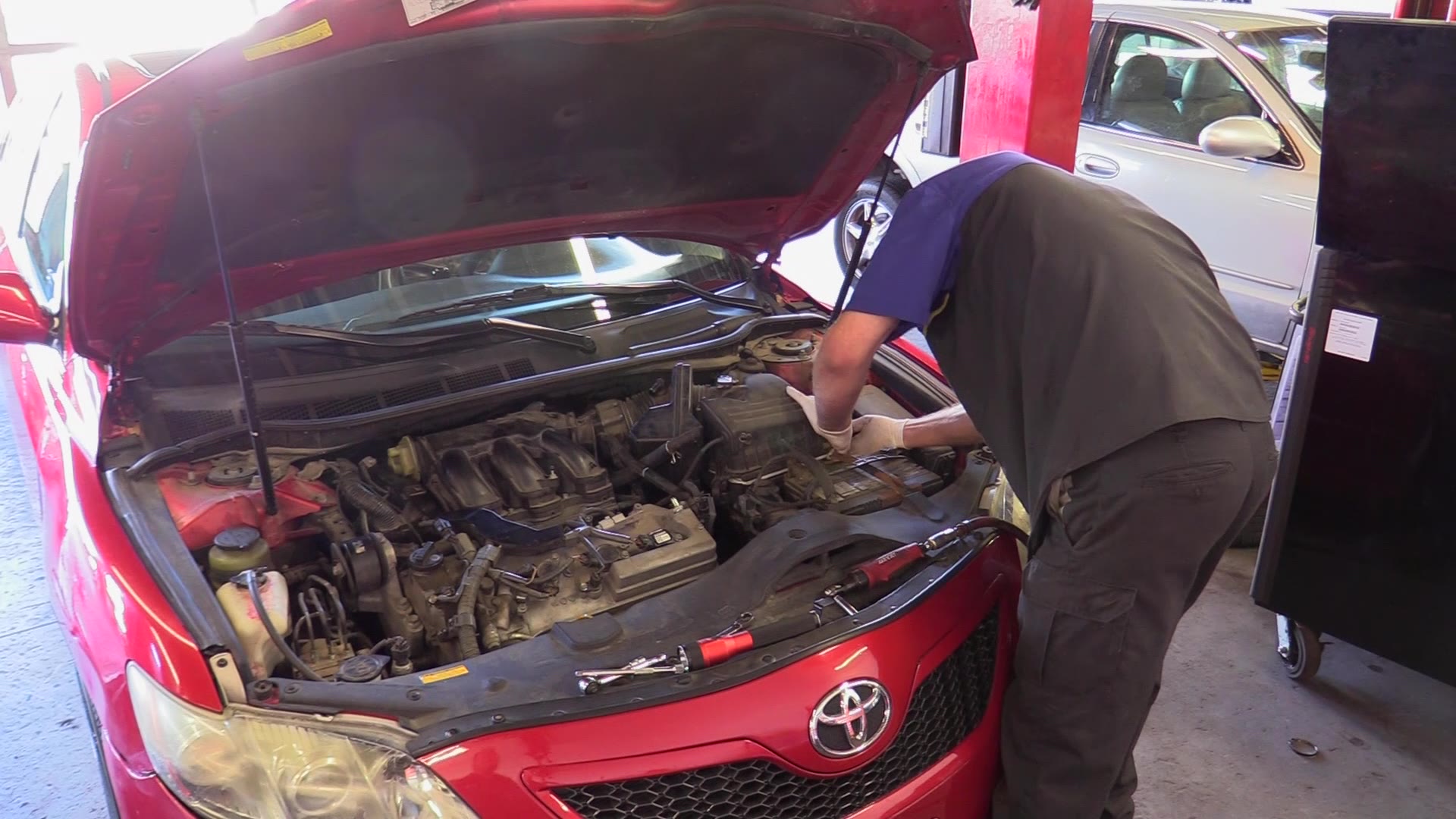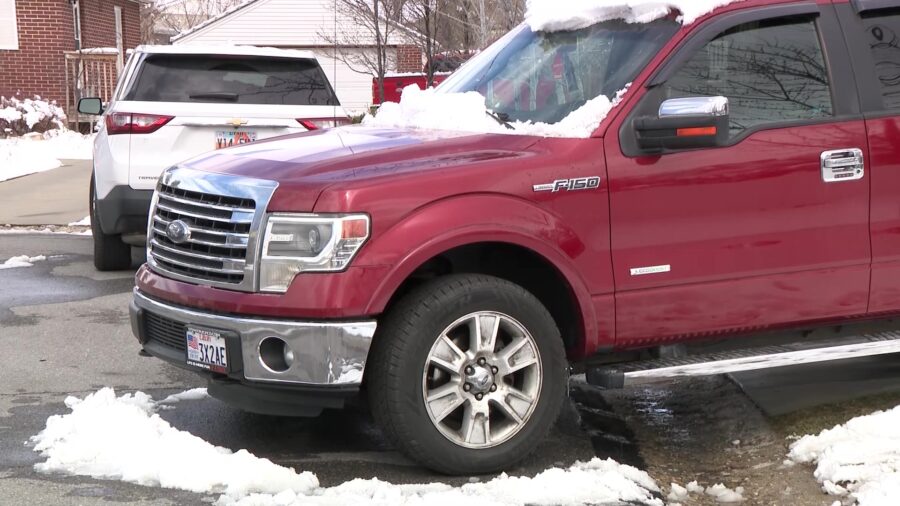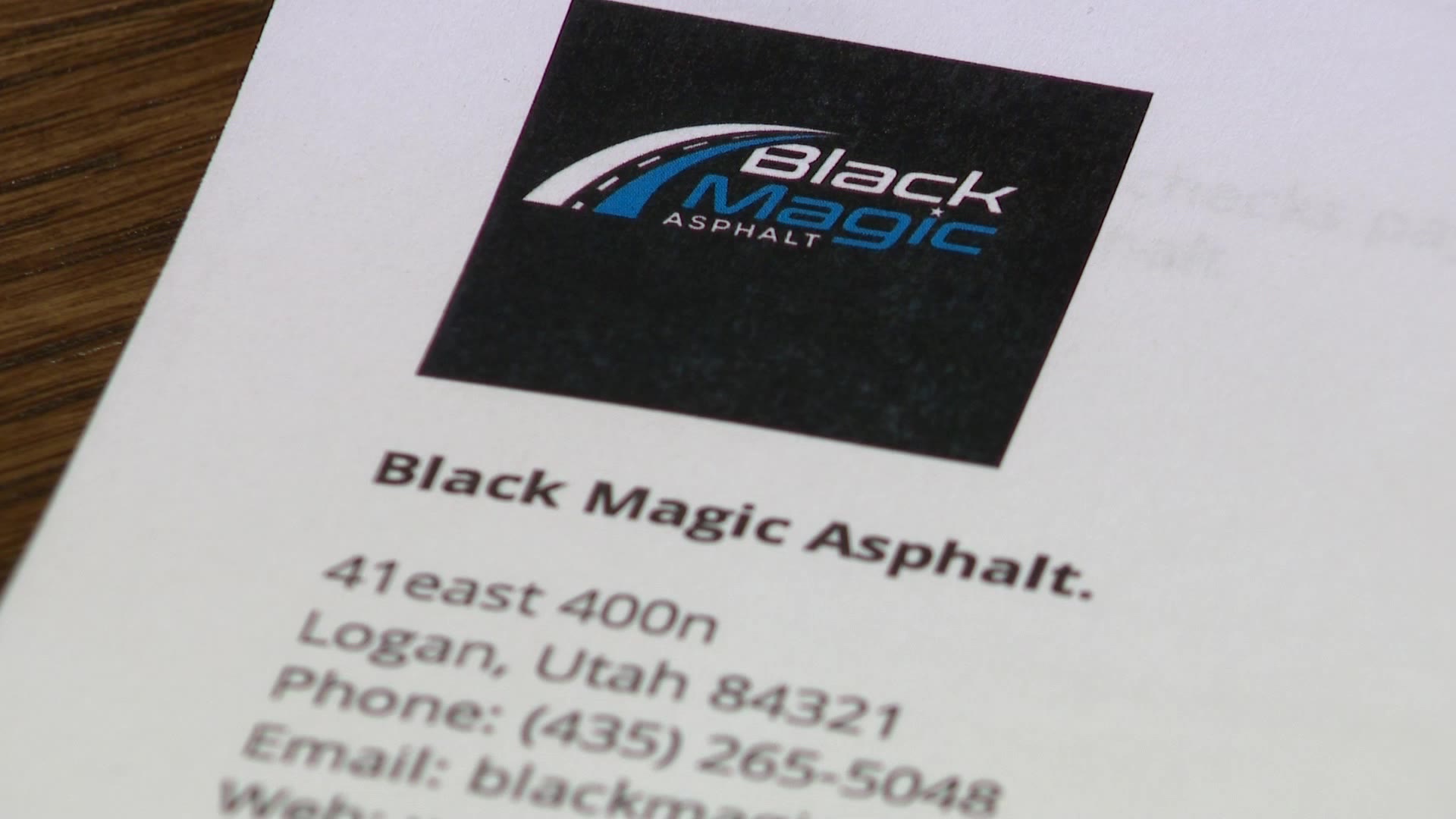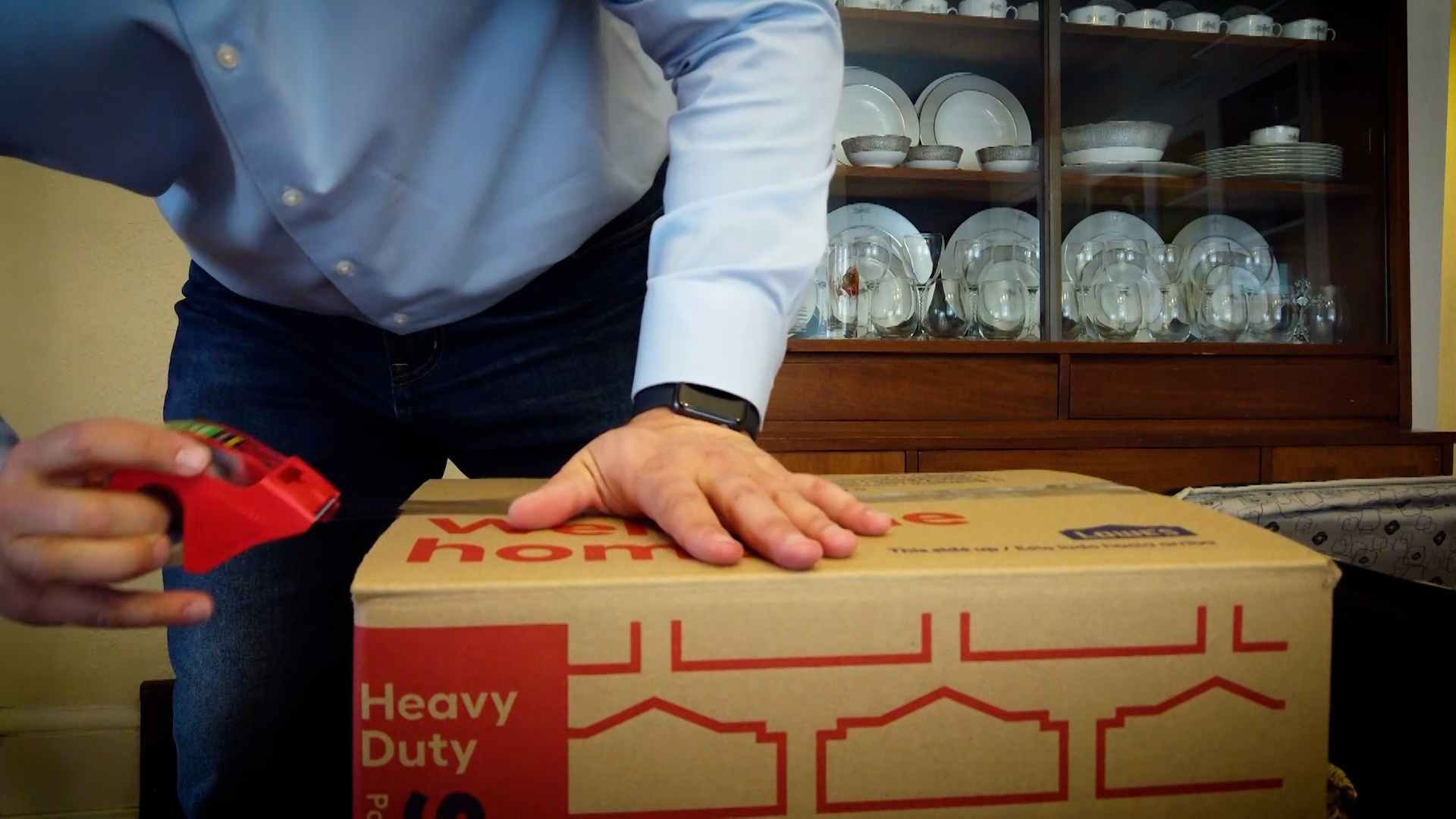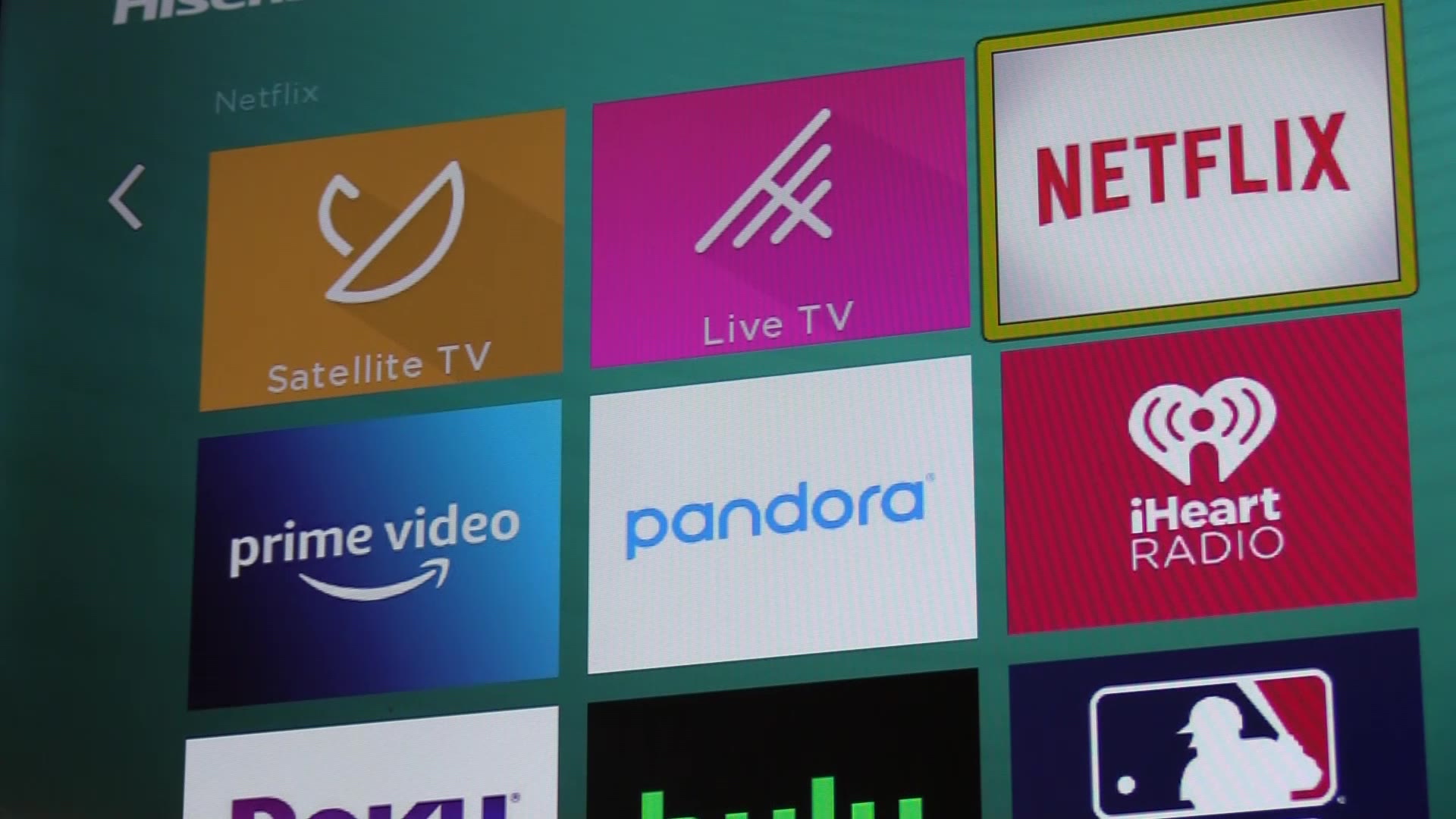Drug testing doubt: Utah’s child welfare agency shares results of internal audit
Aug 29, 2023, 10:48 PM | Updated: Aug 30, 2023, 12:11 pm
PRICE, Utah – “There’s no explanation for it,” Morisha Quintana said after sorting through court paperwork and drug test results that were spread across her mother’s coffee table.
In March, Quintana and her partner, Joshua Johnson, called the KSL Investigators to Price, Utah, after receiving results from court-ordered drug tests they believed were wrong.
“I’ve been trying to fight this ever since,” she said of conflicting test results she received in January. “It’s just not fair.”

Morisha Quintana (left) and Joshua Johnson (right) review conflicting drug test results in March 2023. (Jeff Dahdah/KSL-TV)
The couple has an open case with Utah’s Division of Child and Family Services. They’re working to overcome addiction and reclaim full custody of their son.
“I’ve been messing up my whole life,” Johnson said. “I have no problem admitting when I mess up.”
Both were questioning their test results, but Quintana felt she had evidence that one of her tests was inaccurate.
In January, Quintana did two urine tests in one day: one with Averhealth, the company DCFS used to contract with for testing, and the other through a local recovery program. That second test came back negative for methamphetamine, but the Averhealth test was positive, and that’s the result DCFS reported to the judge.
“Nobody wants to believe me,” she told the KSL Investigators. “They said their test is confirmed, their test is what’s right, and they got to go by science.”
Their story is familiar. The KSL Investigators have reported on similar claims from other families. But Quintana and Johnson might be one of the last Utah families to deal with concerns over the accuracy of Averhealth’s tests. DCFS switched to the Utah-based company, Beechtree, in February.
“We are here to serve families,” said DCFS Director Tonya Myrup.
Myrup would not discuss any specific cases despite Johnson and Quintana signing legal waivers allowing the agency to do so. But Myrup did share the results of a recent audit the agency conducted after the KSL Investigators looked into similar claims from other families.
The audit looked at drug testing-related complaints filed with the Office of the Child Protection Ombudsman during the two-and-a-half years it contracted with Averhealth.
The agency wouldn’t share how many complaints were reviewed for the audit, citing privacy concerns. DCFS would only say the audit reviewed less than 50 complaints. The results of the audit indicate that DCFS did not find any instances of inaccurate results.
But judges have thrown out positive results in at least two other cases based on doubt raised over Averhealth results.
“If you have a concern about drug testing, and a parent takes it to their attorney, and we go before the court, and we present all of the information from all sides, and the judge makes a decision, I think that’s really showing that the process works,” Myrup said.
The audit only looked at the complaints filed with the ombudsman’s office, but Quintana and Johnson said they didn’t even know that was an option.
“We ask, ‘Well, who do we go to? What do we do?'” Quintana said.
The audit doesn’t capture cases like theirs, or the cases of families who only raised their concerns with their caseworker, their attorney, or the courts.
“The Office of Child Protection Ombudsman is just one avenue for complaints,” Myrup explained, “and we really looked at that because it was one area that we could get the data to look into the cases to see what was happening.”
Based on that limited data, Myrup said there are no plans to make changes to DCFS’ drug testing policies, or how families can challenge results.
“If we do get information that shows that we can improve services, or we need to change policies, we will definitely go that direction,” she said.
Parents tell the KSL Investigators the consequences for a positive test are often immediate, while fighting to challenge those results can take weeks, and even months.
In Quintana’s case, she said DCFS took away unsupervised visits with her son, even though she had the secondary test results, and paid for an additional hair follicle test in an attempt to prove she had not used drugs.
“In the meantime, we’re losing time with our son,” she told the KSL Investigators back in March. “Something’s got to be done.”
Myrup said leaning on their legal representation to bring the issues to light in court remains the best way for parents to challenge drug test results.
Quintana and Johnson said they never got to the bottom of those conflicting results from January, but they haven’t received any more results they believe are wrong. Quintana said they now have their son back with them on a trial home placement.
Have you experienced something you think just isn’t right? The KSL Investigators want to help. Submit your tip at investigates@ksl.com or 385-707-6153 so we can get working for you.


